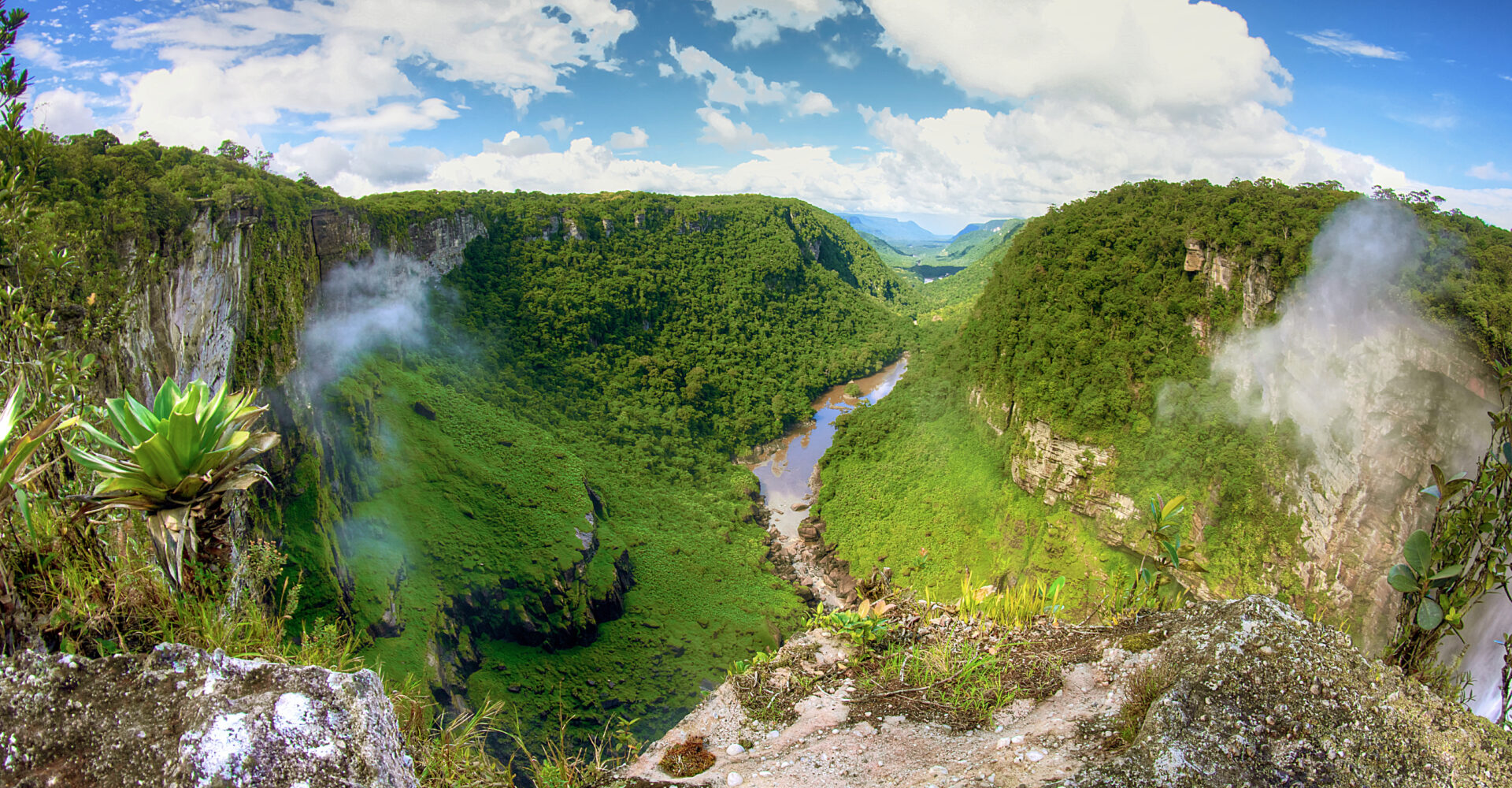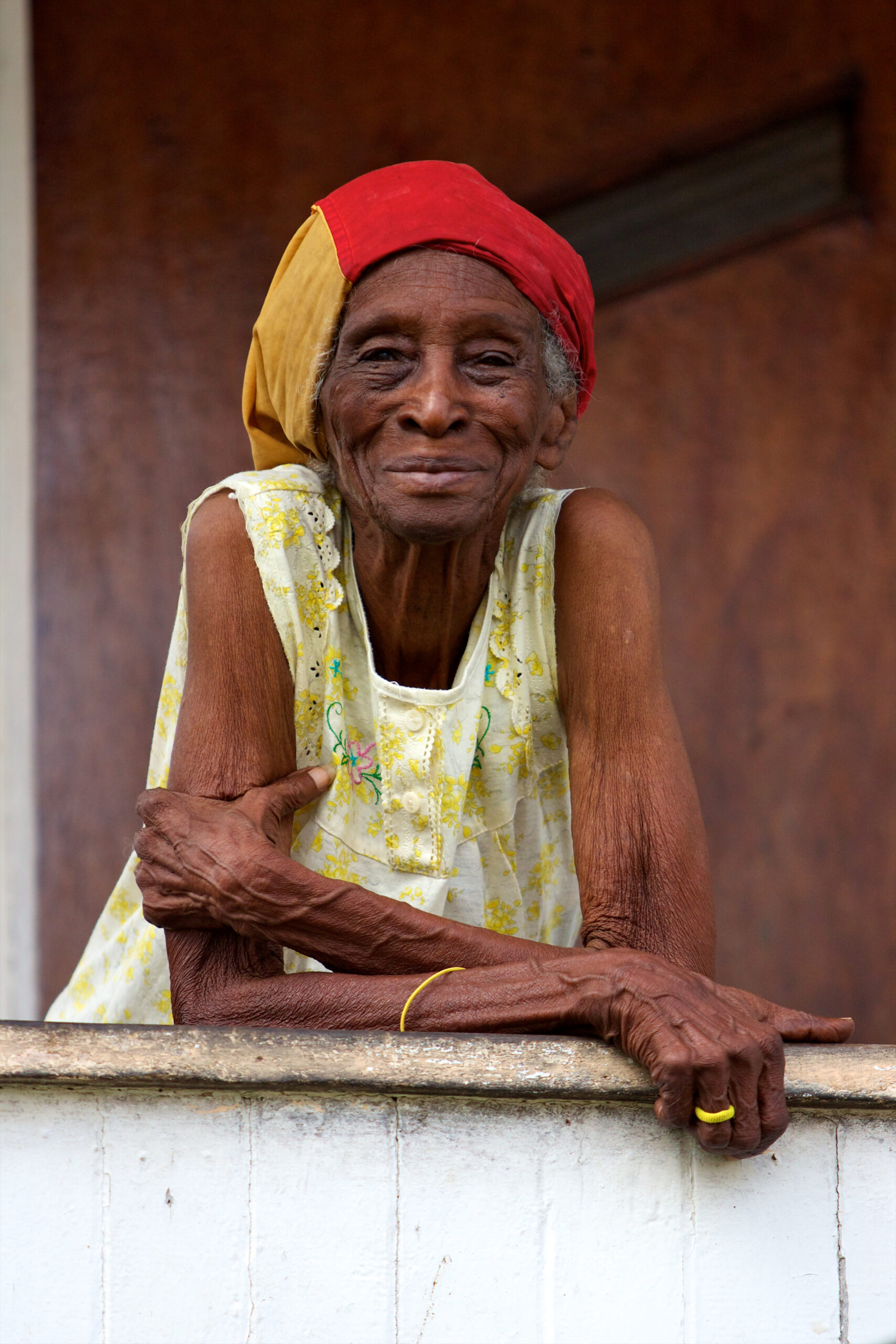
BB Energy Foundation in Guyana
Explore our efforts in Guyana to address the unique challenges faced by women and children in poverty-affected areas.
Guyana, with a population of 816,000 and a high Human Development Index (HDI) rank of 0.712, boasts abundant natural resources and is culturally linked to the Caribbean. As a founding member of The Caribbean Community (CARICOM), it holds fertile agricultural lands, valuable mineral resources, and extensive tropical forests, alongside recent offshore oil and gas reserves.
Despite experiencing a decline in poverty over the past decade, from 60.9% in 2006 to 48.4% in 2019, poverty and social exclusion persist, particularly in the hinterland. Educational access has improved, but learning outcomes remain a concern. Health outcomes also lag behind, with high infant and under-5 mortality rates compared to the LAC average.
Guyana faces high climate-related risks, including flooding and sea-level rise. Its revised Low Carbon Development Strategy 2030 focuses on green and resilient growth, while the Climate Resilience Strategy emphasises measures for adaptation.
Challenges for women and girls include gender-based violence, limited access to education and economic opportunities, and underrepresentation in leadership roles. Efforts to address these issues involve legal reforms, awareness campaigns, and community engagement, led by the government, civil society, and international partners. Continued commitment and collaboration are essential for progress.

